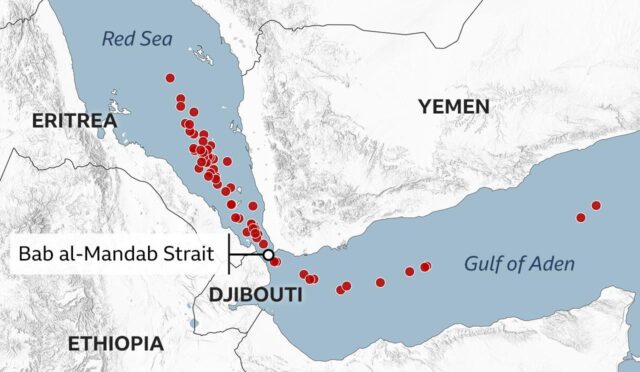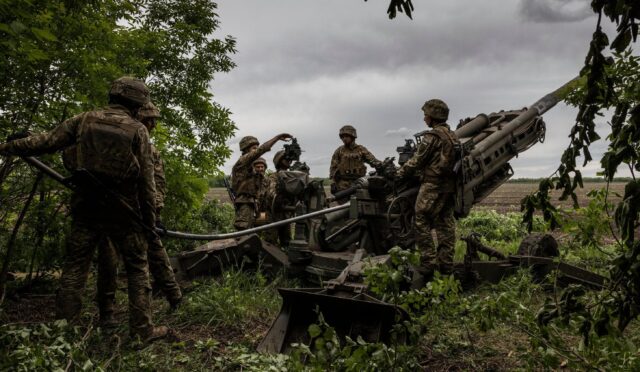NATO’s Unexpected Intervention in the Baltic Sea
Poland’s Prime Minister Donald Tusk announced on Wednesday that NATO has intervened following the detection of suspicious activity from a Russian vessel associated with a so-called “shadow fleet” near a vital underwater cable in the Baltic Sea. This intervention comes as security analysts reveal that Russia has been utilizing a significant number of these shadow ships to bypass sanctions imposed by Western nations on its oil exports amid the ongoing conflict in Ukraine.
Amidst rising tension, several undersea cables in the Baltic were damaged last year, which many experts are now linking to a broader strategy of hybrid warfare employed by Russia against its Western counterparts.
Confirmation of a Security Threat
Prime Minister Tusk elaborated on the incident via social media platform X, stating, “A sanctioned Russian ship from the ‘shadow fleet’ was conducting suspicious maneuvers near a power cable connecting Poland to Sweden.” He confirmed that after a successful military intervention, the vessel was redirected towards a Russian port.
In response to this regional threat, a survey ship from the Polish navy has been dispatched to the area for further investigations. Polish Defence Minister Wladyslaw Kosiniak-Kamysz noted that the incident occurred on Tuesday, just outside of Polish territorial waters, emphasizing the ongoing dangers these operations pose.
Emergency Response and Coordination
In light of the developments, Minister Kosiniak-Kamysz announced an emergency meeting scheduled for Thursday at the Maritime Operations Command, where key figures, including Prime Minister Tusk, will convene to discuss the implications of the incident.
This swift mobilization reflects the urgency and seriousness with which Polish and NATO leaders are responding to perceived threats in the region.
EU Sanctions Target Russian Maritime Operations
On the same day, the European Union took decisive action by adopting a new series of sanctions aimed at crippling Russia’s shadow fleet operations. The latest round of penalties targets nearly 200 additional tankers, further tightening the noose around Russia’s ability to export oil.
These measures underline the EU’s commitment to maintaining pressure on Moscow and sending a clear message that continued aggression towards Ukraine will not be tolerated.
Continued Vigilance Required
The situation underscores the need for ongoing vigilance among NATO allies, particularly concerning maritime security in sensitive regions such as the Baltic Sea.
As tensions remain high, the collaboration between NATO forces and European partners is crucial in deterring any potential threats from Russia’s shadow fleet.






